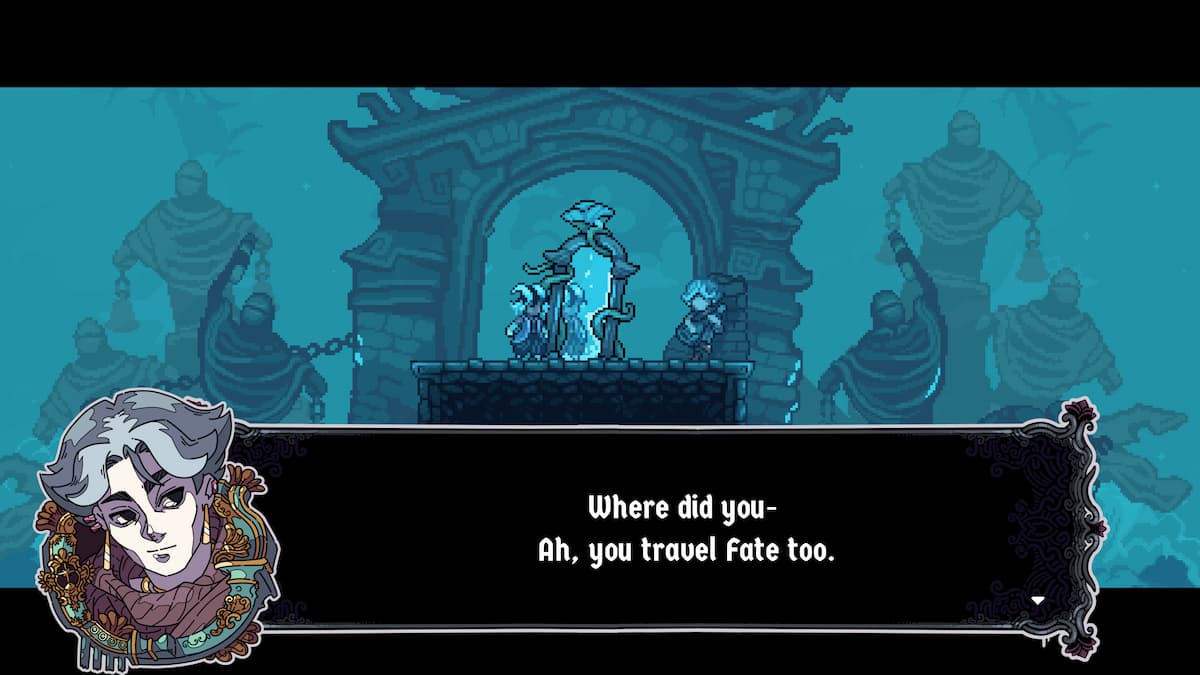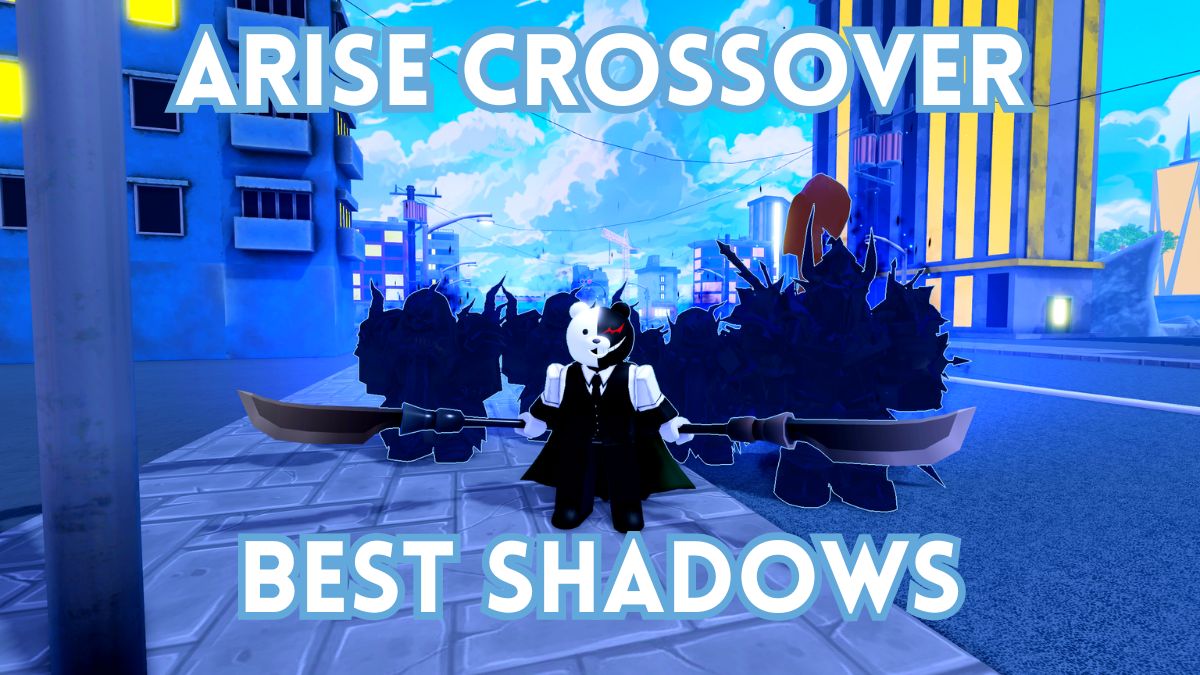
Debates over who caused the hyped evolution simulation Spore to turn into an intelligent design game might be over as fans have identified an EA employee who pushed for less science in Spore.
When scorned, leave it to the dedicated fans to unravel the mysteries of why their favorite games aren’t quite perfect.
Spore forum goer Finnical compiled a heavily-evidenced argument against Chris Hecker, “Technology Fellow” at EA studio Maxis, for toning down the evolutionary aspects of Will Wright’s project in favor of more casual-player accommodating gameplay.
An article from scientific magazine Seed dissecting the intelligent-design aspects of Spore highlighted Hecker’s early concerns in development over the realism of Wright’s vision.
“Chris Hecker was having strong misgivings about how appealing all this hard science would be to the wider world,” states Seed. “‘I was the founding member of the ‘cute’ team,” he says with pride. ‘Ocean [Quigley, Spore‘s art director] and Will were really the founding members of the ‘science’ team. Ocean would make the cell game look exactly like a petri dish with all these to-scale animals and Will would say, ‘That’s the greatest thing I’ve ever seen!’ and some of us were thinking, ‘I’m not sure about that.'”
Hecker’s camp began messing with the science team’s concepts. “Quigley’s microscopically accurate concept drawings were vandalized with stuck-on googly eyes; there were suggestions that it might be cool if the creatures wore sneakers,” revealed Seed.
Quigley understood both sides, explaining that a true evolutionary project “is so absurdly vast, so radically outside of any scale that people can really empathize with, we knew we had to turn it into a toy.”
A second major source, ex-Intern at Maxis Michael “mflux” Chang, revealed the detailed modeling and physics the programming team had developed to allow realistic animal adaptations.
“In the extremely early versions that I toyed around with, I was able to make creatures that shifted under their own weight,” explained mflux. “Creatures that exploited the length of their arms or legs for greater reach. Creatures that behave and move true to how they were built. A short bunny-creature would definitely be out-run by the long-legged dragon-giraffe. That was very neat, and it implied several exciting possibilities in gameplay…The strategy that earlier prototypes implied went beyond placement of parts. The length of limbs or spine felt like it mattered. If you had a forward-heavy animal with legs placed in the back, it would run poorly as it tries (and fails) to counteract its own weight.”
Spore‘s review scores were shockingly not perfect from the many of its reviewers due partially to the oversimplification of the science aspects promised from earlier builds. Few consider the game bad, and with an average Metacritic score of 84 percent, most would say it’s pretty good for a game. The disappointment stems from hope that it’d be more than a game; it was hailed as the melding of educational science and entertainment.
Future expansions might deliver the expanded gameplay features originally included in early demos. Until then, Spore‘s reputation as a mere God game will have to satisfy those yearning for more.
UPDATE: Spore Executive Producer Lucy Bradshaw responded in the original thread supporting Hecker’s contributions to the project and give background on how the game’s direction was determined:
Will very much remained the visionary and design leader throughout the development of Spore. He worked collaboratively with the team when opinions differed but decisions were definitely in his domain….
The cute vs. science debate within the team had more to do with the concept of accessibility, character and aesthetic than it had to do with the underlying gameplay. Some of this was driven by the simple reality of a very unique and rather cutting edge approach to animation. Procedural animation is just one of the incredible contributions that Chris Hecker made to this game. It was a huge area of focused work and learning for us as the animation engineering team developed this system….
Chris contributed so much in the way of innovations for Spore and deserves to be recognized for his work. While we have no interest in stifling conversation on the Sporum about Spore from anyone, I request that people show respect for others and refrain from outright defamation and threats.












Published: Nov 1, 2008 12:15 AM UTC